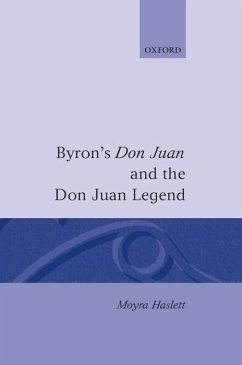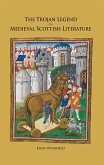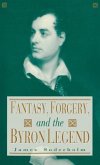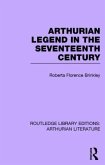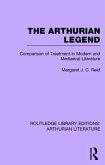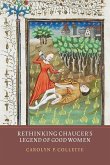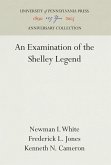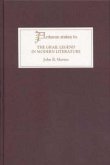This study is a contextual reading of Byron's epic poem Don Juan which argues that the importance of the Don Juan legend has been considerably underestimated. Contemporary histories-critical, political, theatrical, and personal-reveal that innocent or neutral readings of the poem were precluded by the figure's notoriety. It demonstrates the invitation which the poem was seen to offer to specific categories of readership-especially those of women and of the working classes-and how their reading not only contributes to the meaning of the text but makes that reading inherently political. The scope of the book includes other versions of the Don Juan legend. It also engages throughout with a critique of traditional myth-criticism, using instead Levi-Strauss's more inclusive definition of what constitutes a myth. It considers those discourses which have spoken of the Don Juan legend-philosophical, psychoanalytical, speech-act-and applies postmodernist and feminist theories to a consideration of both Byron's poem and the legend itself.
This contextual reading of Byron's epic poem argues that the importance of the Don Juan legend has been considerably underestimated. Focusing on such issues as seduction, class sexualities, and popular theatrical form, this book argues that the Don Juan legend is a vital context for understanding the poem's cultural and sexual politics. This study also critiques traditional myth-criticism and applies postmodern and feminist theories to its consideration of both Byron's poem and the legend itself.
This contextual reading of Byron's epic poem argues that the importance of the Don Juan legend has been considerably underestimated. Focusing on such issues as seduction, class sexualities, and popular theatrical form, this book argues that the Don Juan legend is a vital context for understanding the poem's cultural and sexual politics. This study also critiques traditional myth-criticism and applies postmodern and feminist theories to its consideration of both Byron's poem and the legend itself.

